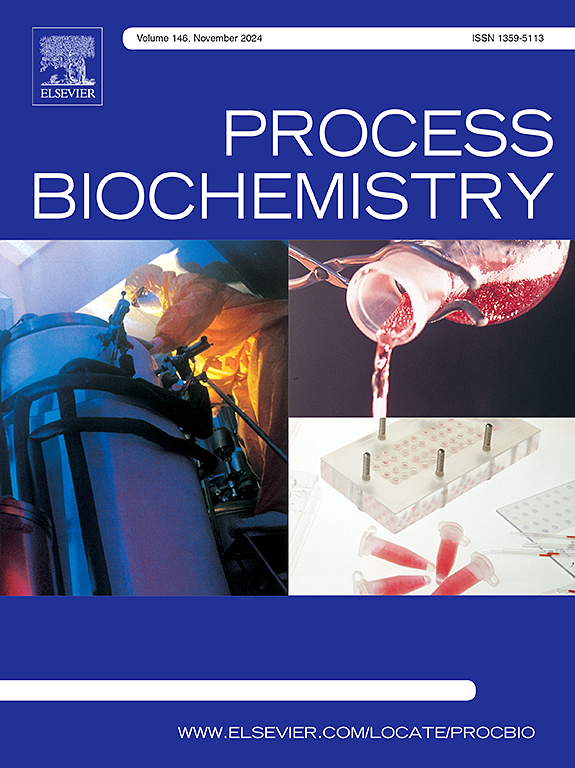Insulin production in Pichia pastoris: Mini-review of biotechnological advancements and process optimization
IF 3.7
3区 生物学
Q2 BIOCHEMISTRY & MOLECULAR BIOLOGY
引用次数: 0
Abstract
The synthesis of insulin using recombinant Pichia pastoris represents a significant advancement in biotechnology with profound implications for healthcare. This review explores the process of insulin production in P. pastoris. The selection of P. pastoris as a host organism for insulin production is discussed. The stages of insulin production, including gene cloning, vector construction, transformation, and expression, are outlined, emphasizing the importance of strain selection and optimization of fermentation conditions. The review also examines factors influencing insulin production, such as strain phenotype, fermentation media composition, and induction strategies. Additionally, the role of glycerol and methanol in fermentation for insulin production and the impact of temperature and pH on recombinant protein expression are elucidated. Overall, this review provides insights into the comprehensive approach required for achieving high-level insulin precursor production in P. pastoris, offering valuable guidance for further advancements in recombinant protein expression technology and healthcare biotechnology.
求助全文
约1分钟内获得全文
求助全文
来源期刊

Process Biochemistry
生物-工程:化工
CiteScore
8.30
自引率
4.50%
发文量
374
审稿时长
53 days
期刊介绍:
Process Biochemistry is an application-orientated research journal devoted to reporting advances with originality and novelty, in the science and technology of the processes involving bioactive molecules and living organisms. These processes concern the production of useful metabolites or materials, or the removal of toxic compounds using tools and methods of current biology and engineering. Its main areas of interest include novel bioprocesses and enabling technologies (such as nanobiotechnology, tissue engineering, directed evolution, metabolic engineering, systems biology, and synthetic biology) applicable in food (nutraceutical), healthcare (medical, pharmaceutical, cosmetic), energy (biofuels), environmental, and biorefinery industries and their underlying biological and engineering principles.
 求助内容:
求助内容: 应助结果提醒方式:
应助结果提醒方式:


